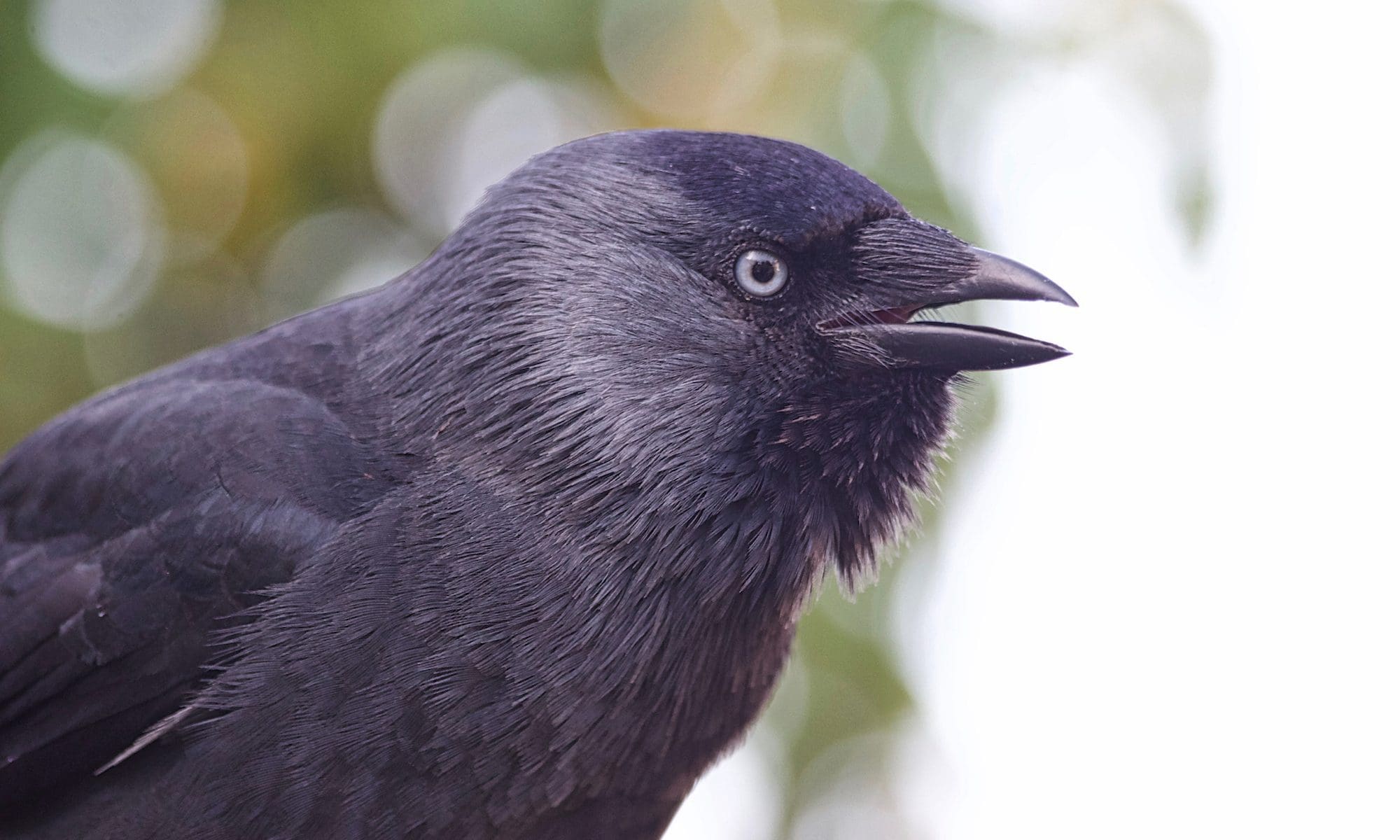Introduction
Rescuing, rehabilitating and subsequently releasing wild animals is thought to be very much rewarding. And the truth is that it is. But as always, there are two sides to every story. Helping animals in distress does also mean to care for terminal ill animals, to make tough decisions in the interest of the animal concerned, to take responsibility and to constantly review and adapt working practice. However, being involved in wildlife rescue and rehabilitation also means, amongst other things, to interact with people who have found animals in need of help, to collaborate with volunteers or to liaise with members of the public during fundraising and educational events. Interestingly, in the view of many rehabbers, these interpersonal interactions are often regarded as the most difficult part of wildlife rescue and rehabilitation.
Continue reading “First Aid For Birds – How To Help Your Local Wildlife Rescue”



